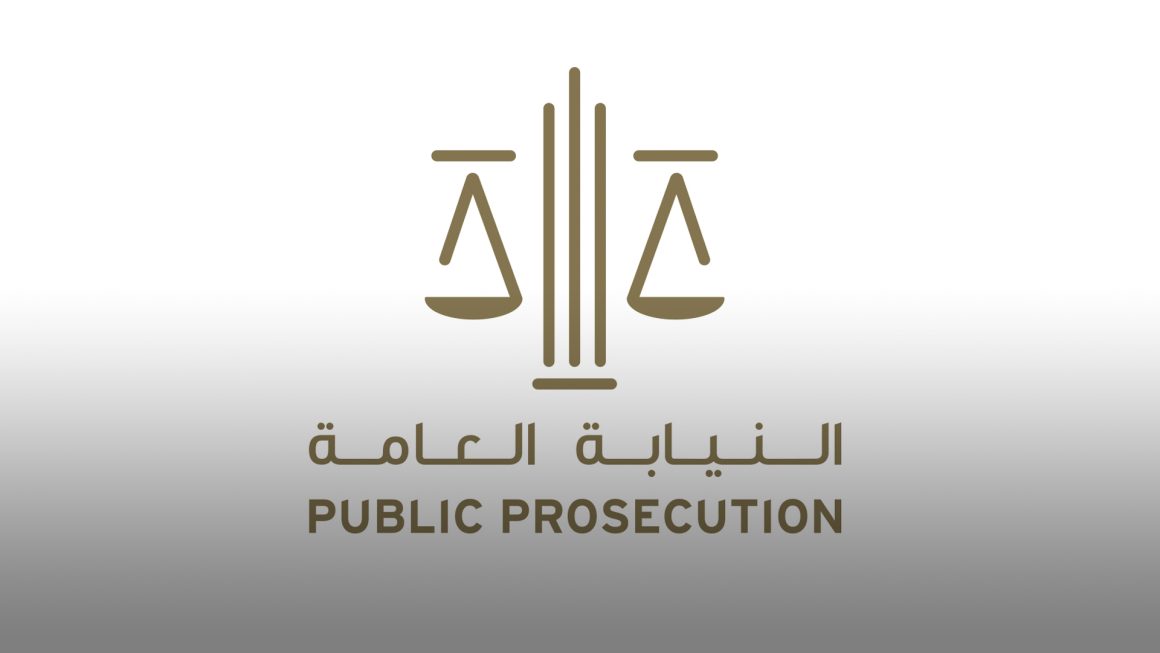The UAE Public Prosecution has completed its ambitious project, “Classification of Crimes and the Digitisation of Criminal Legislation in the Criminal Case Management System.
Under the project, legal texts have been transformed into a digital format that is comprehensible and executable by information systems, employing advanced artificial intelligence techniques.
The project is designed to support the vision and directives of wise leadership, aimed at leveraging all human and institutional capabilities to secure a leading position in digital transformation.
According to the Public Prosecution, specialised teams comprising 30 prosecutors and seven technicians from the Information Technology Department played a pivotal role in this initiative. The teams have dedicated a colossal total of 3,821 working hours to scrutinise, individualise, and encode the laws into the newly developed system.
This rigorous process has culminated in the digitisations of over 17 federal laws and the detailed classification of 32,000 criminal charges, which encompass a comprehensive spectrum of acts, penalties, and varying legal circumstances.
The project will also enhance the speed, efficiency, and transparency of the penal system by adopting modern technologies. It will also drive the ongoing development of digital systems and transformation within judicial processes to the next level and strengthen the UAE’s position as a global hub and a leading digital governance model.
The Public Prosecution clarified that the project will pave the way for automating tasks and procedures and minimising bureaucratic hurdles, allowing electronic systems to operate independently without human intervention. Additionally, it aims to automate electronic communication with strategic partners and simplify searches within legal frameworks.
It added that the initiative is poised to set a benchmark for future legislation, aligning with the evolving landscape of artificial intelligence and emerging technologies.
WAM

